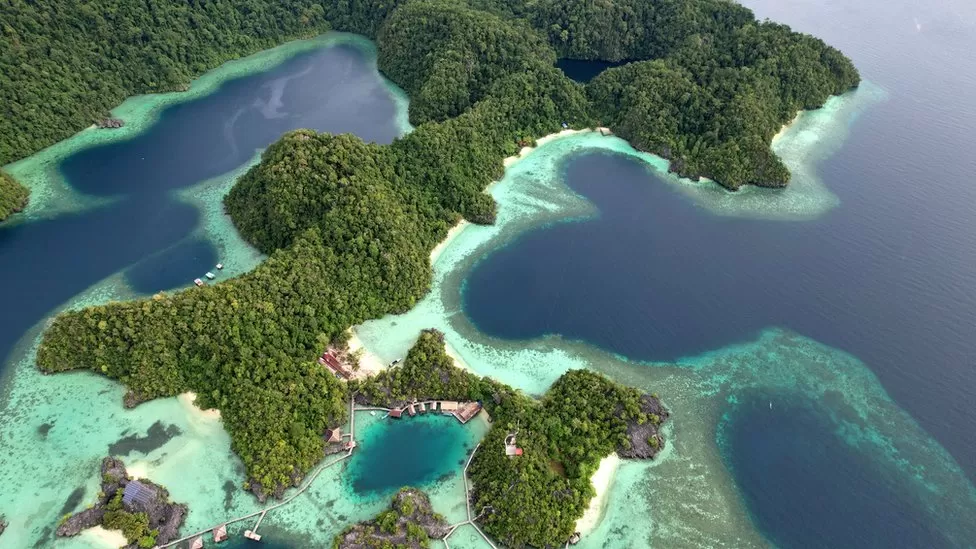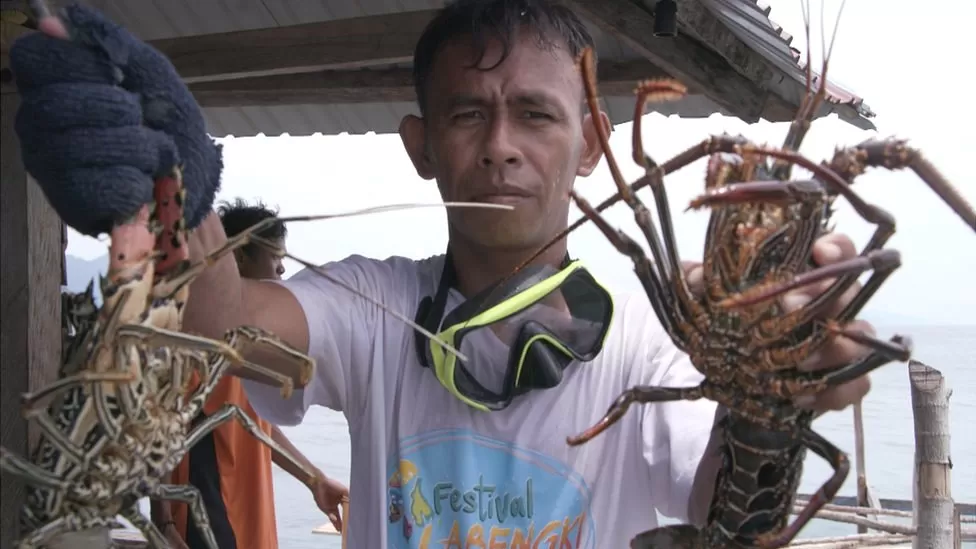The rush for nickel: ‘They are destroying our future’

An Indonesian island is filled with torches and homemade arrows carried by two men as they slip into the ocean at night.
Originally from an indigenous community of Bajau people, they are renowned freedivers who prefer hunting in the dark, when fish, lobsters, and sea cucumbers are less active.
However, they fear that time is running out for their traditional lifestyle.
A fisherman named Tawing says the water right now is still clear. But that won’t last… nickel waste enters our water during the rainy season and is carried here by the current.”
Stainless steel, mobile phones, and electric car batteries all contain nickel, which plays a crucial role in global life. By 2030, the International Energy Agency (IEA) predicts that nickel demand will rise by at least 65% due to the shift to greener vehicles and the need for more rechargeable batteries.
In Indonesia, the world’s largest nickel producer, two thirds of the metal’s demand will be met. Several billions of dollars have been committed to investment in processing plants and mines by international players.
However, conservationists warn that mining could have a devastating impact on the environment.
The island of Labengki in Southeast Sulawesi is in danger from nickel mine waste if the government does not act.
Across the water from Labengki Island, about 50 nickel mining companies operate in North Konawe Regency.

It takes us about an hour by boat to get there. Upon approaching, brown, deforested patches replace green hills. It is possible to see excavators and barges digging up and transporting the “new gold”. Below us, we see reddish-brown water.
A Bajau fisherman, Lukman, says he is no longer able to fish near his home in the coastal village of Boenaga.
“We couldn’t see anything underwater when we dived,” he says, pointing to brown water behind his home. “We could hit a rock.” Fuel costs make it unpractical for him to travel further afield to fish, and he says if they make a fuss, the police will intervene.
The land is excavated to create open pits in order to mine nickel. Since the roots of the trees no longer stabilize the ground, when it rains, earth is more easily swept away.
In Southeast Sulawesi, there were at least 21 floods and mudslides in 2022. National Agency for Disaster Countermeasures reports that there were two to three mine explosions per year between 2005 and 2008.
There are also chemicals that can be used in mining, such as sodium cyanide and diesel. Sediment ends up in the sea due to the improper management of waste material and water, says local conservationist Habib Nadjar Buduha.
The video shows a coral reef that has been “suffocated” by sediment along the coast, off Bahubulu Island.
